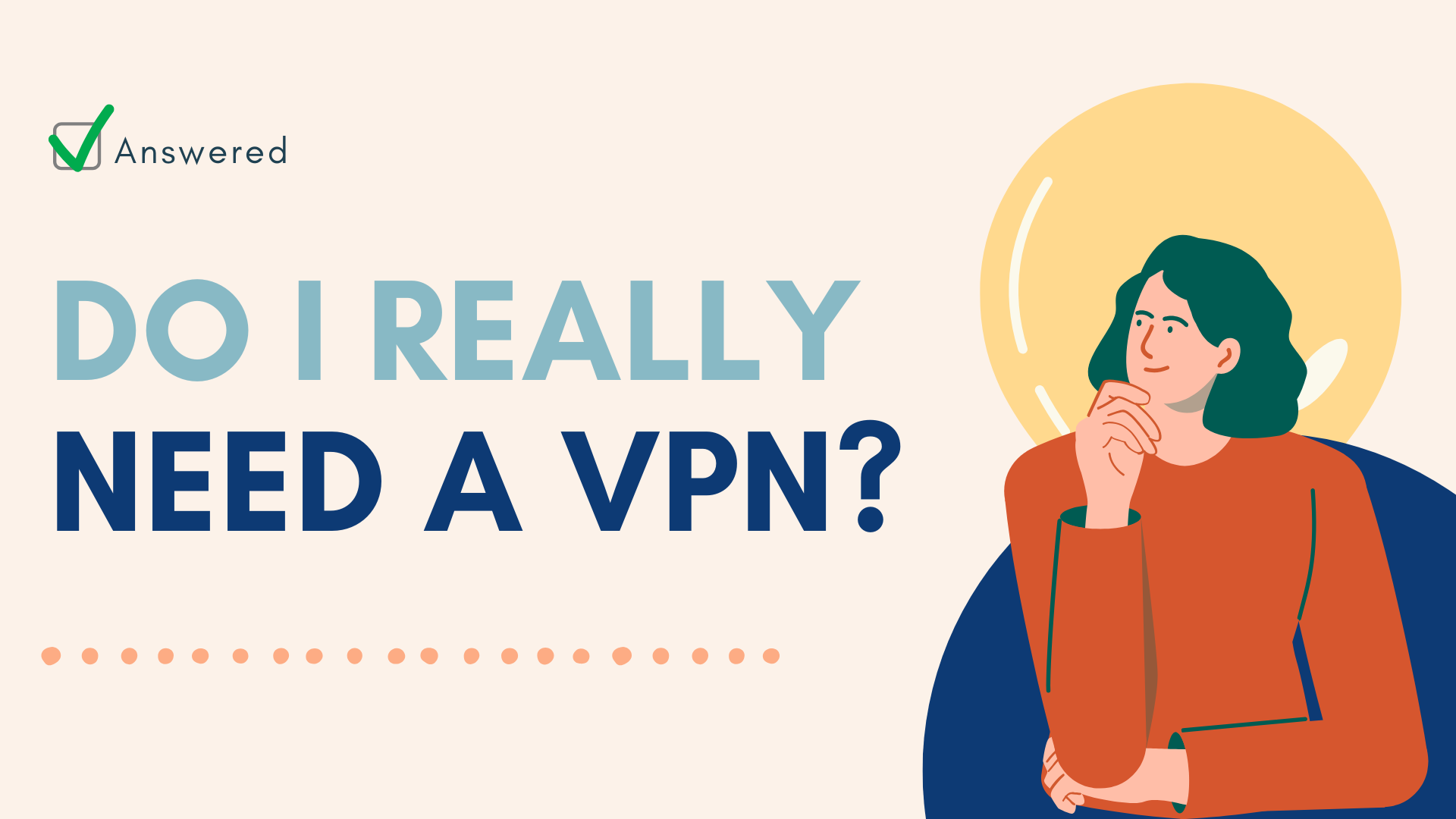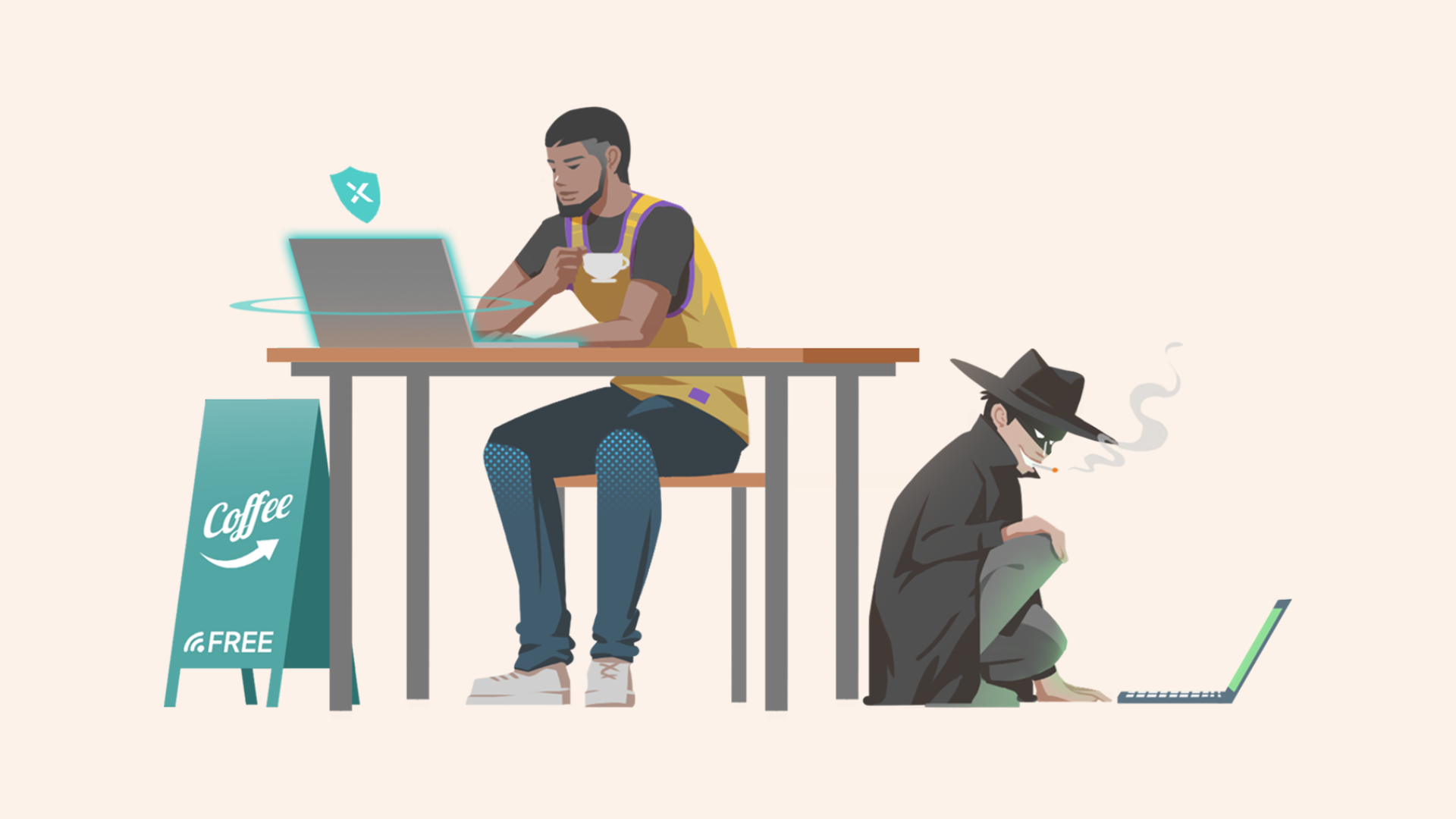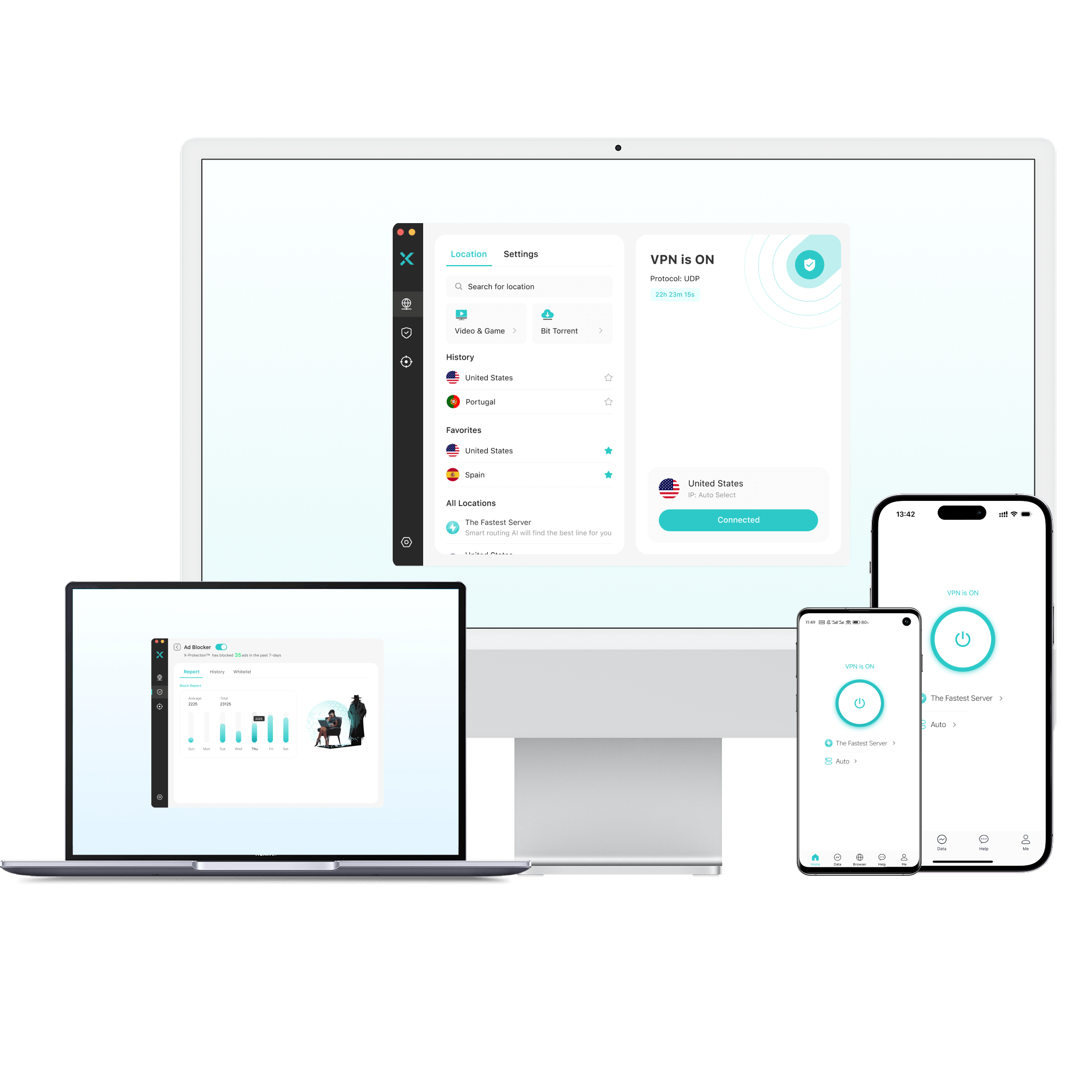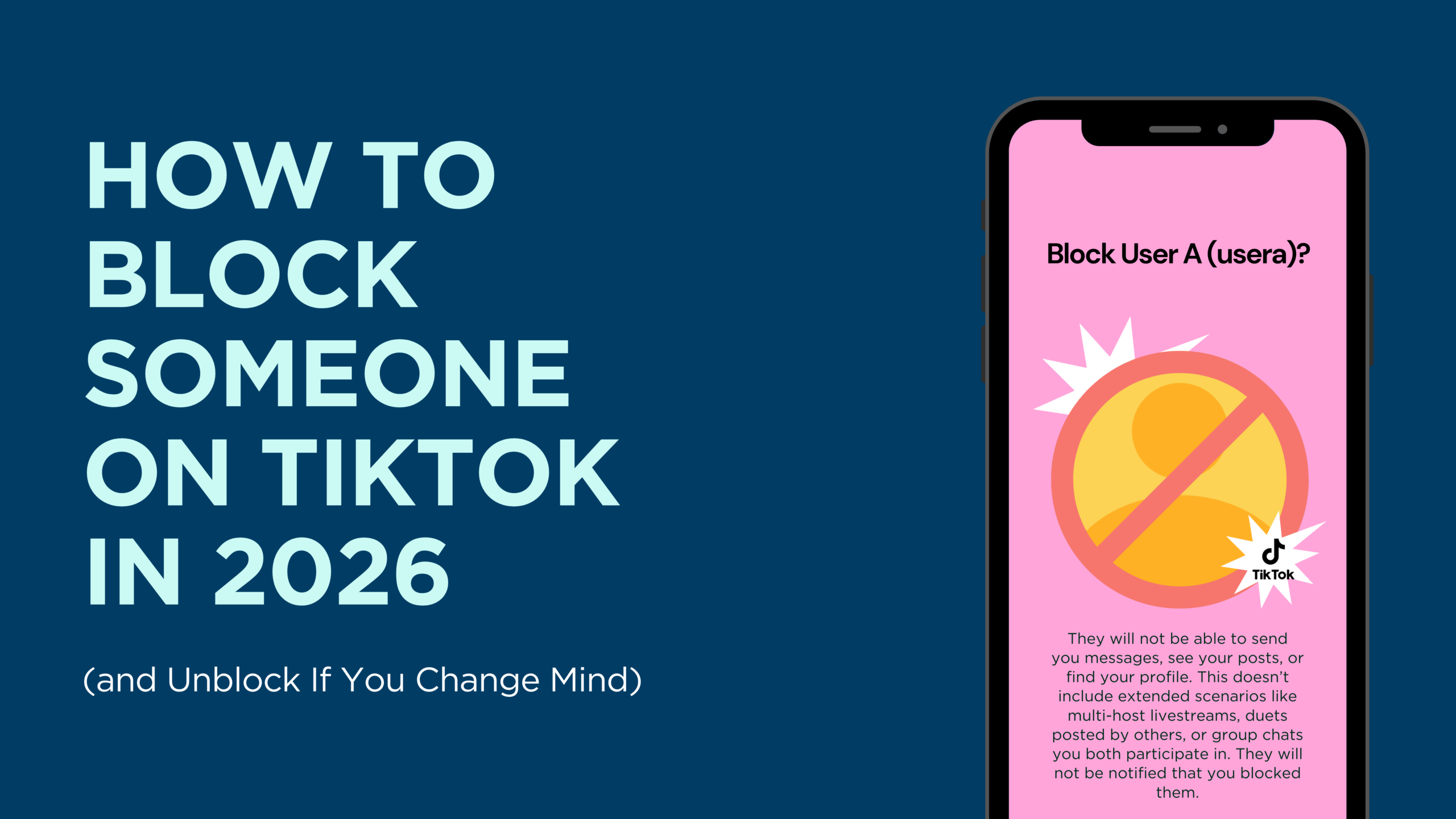
Most people think of using a VPN (virtual private network) to stay safe on a coffee shop’s public Wi-Fi network or to unblock international content and catch up on favorite shows. Those are great reasons to use a VPN, but that’s not the whole story. A VPN has become essential for people around the world, sometimes in countries you wouldn’t expect.
Travelers often assume they only need digital protection in countries known for internet restrictions. The reality is different. Even in industrialized regions, tourist-friendly hubs, and privacy-safe havens, you can still encounter frustrating blocks, legal changes, or data vulnerabilities. That’s when a VPN becomes more than a convenient tech accessory, a kind of digital insurance that eases and safeguards internet use in multiple ways.
Table of Contents
Why a VPN Is More Than a Convenience Feature?
A VPN builds a secure tunnel between your device and the internet. That tunnel encrypts your traffic, hides your IP address, and lets you appear as though you’re browsing from somewhere else. The result is safety from tracking and freedom from unnecessary restrictions. The goal isn’t to hide shady activity, but rather to maintain privacy for work and personal use.
That means your login credentials aren’t floating around unprotected when you connect to free Wi-Fi. It allows you to keep using your favorite social media app in a region that blocks it. It also means you can keep up with the show you’ve been binge-watching even when your streaming service suddenly insists it’s “not available in your region.”
For modern travelers, a VPN connection has become as common as a boarding pass. For digital nomads, a VPN is a critical tool for working on the go.
The Hidden Risks of Public Networks
Let’s start with the most obvious situation: Wi-Fi in airports, hotels, and cafes.
Have you ever connected to “Free_Airport_WiFi” only to realize there’s more than one network with nearly identical names? Hackers love to create “evil twin” hotspots that can catch you off guard. If you connect to the wrong one, everything you send or receive passes through their laptop before rerouting to the original destination. You’ll never suspect what happened until the damage is already done.
Even if you’re on the trusted network, that doesn’t guarantee it’s safe. A man-in-the-middle attack can quietly scoop up your emails, logins, or even financial details. Tourists are ideal targets since they’re juggling directions, luggage, and boarding passes.
Here’s why a VPN is an absolute must for travel. The moment your VPN is on, every byte of your traffic is encrypted. Anyone watching gets a stream of scrambled data that’s unreadable without the key, keeping your browsing history private and maintaining account security.

Geo-blocking Isn’t Just About Streaming
Most people learn about VPNs because they want to keep watching a video while abroad. If you’re a subscriber, why can’t you watch what you paid for? Content is often licensed by region, and your IP address gives away your location.
When you move across a border and connect to a local network, your favorite series might suddenly vanish from your playlist. That means you might be stuck at a cliffhanger or dramatic scene in a movie or series, leaving you hanging until you return to the country where you subscribed.
A VPN solves that problem in seconds, letting you choose a server back home. Services like X-VPN offer a large global network that includes thousands of servers across 60 countries, so you can make it appear like you’re lounging in your living room even while sitting in an Italian cafe.

Entertainment is just one piece of the puzzle. Some countries restrict access to news outlets, messaging apps, or even major search engines. You might not realize how much you rely on those tools until they’re no longer available.
The Unexpected Countries Where VPNs Matter Most
You might assume a VPN is only needed in places with well-known restrictions. However, a VPN is just as important in countries that we usually think of as safe. Here are some things to watch out for.
In Europe
In North America
In Australia and Surrounding Regions
In Countries Considered Privacy Havens
In Travel Hubs Worldwide
Protect Yourself Worldwide
No matter where you live or travel, the internet is shaped by local rules and priorities that might not match your expectations or the requirements of your work. A good VPN acts like a subtle safety net that lets you connect without surprises.
X-VPN’s Everest Protocol disguises the fact that you’re using advanced protection, while encrypting your data with a technique that’s so strong it would take hundreds of years to crack the code.

Every Day Benefits in Countries You Wouldn’t Expect
The concerns aren’t strictly about censorship. Even in countries with a generally open internet, VPNs can be surprisingly useful.
- United States: Believe it or not, U.S. visitors and even residents often turn to VPNs to dodge aggressive data tracking and targeted advertising. ISPs are legally allowed to sell browsing data. Using a VPN prevents that.
- European Union: Strict privacy laws exist, but the content you can access varies from country to country. A VPN can make a difference, allowing you to stream your watchlist and access other material without downloading in advance.
- Australia: Distance can slow down international connections. ISPs may throttle services, depending on which website you connect to. Routing through a nearby VPN server can result in better performance for video calls, streaming, and cloud services.
Working Remotely? A VPN Is Mandatory
For digital nomads, VPNs are a must-have tool. If you’re sending client files, signing into corporate accounts, or joining video calls from a hotel in Lisbon, you need assurance that your data won’t leak. A VPN encrypts all data to maintain security.
Many companies require employees to connect through a VPN at all times. X-VPN goes a step further with features like a Kill Switch, which blocks all internet traffic if the secure tunnel drops unexpectedly. That means sensitive documents don’t accidentally flow onto an unsecured network.
What to Look for in a Reliable VPN
Not all VPNs are equal. Some are painfully slow, others log your activity despite claiming otherwise. These are the features that matter most:
- Strong encryption (AES-256 with newer protocols like WireGuard, or X-VPN’s Everest)
- A no-log policy, so your activity isn’t stored or shared
- A large global network to bypass restrictions while maintaining fast connections
- Kill switch protection for extra peace of mind
- Multi-device support so your phone, laptop, and tablet are covered
Beware of exaggerated claims and look for a VPN with good transparency. For example, X-VPN’s logging policy is straightforward, which states, “X-VPN does not and will not log any user’s traffic data.” That’s the kind of plain answer you want to see.
Final Thoughts
So, do you really need a VPN? If you plan to stay at home on a private connection, watch only local programming, and trust your ISP won’t sell or share your activity, you might not. But the moment you connect to a public hotspot, step into an airport, or cross into another country, the answer changes.
Whatever the reason, you shouldn’t have to give up basic digital freedom because of your location. A VPN restores balance, letting you browse, communicate, and stream on your terms.
The internet has always been about openness, yet the experience can feel restrictive in many places. Even in countries known for privacy, rules can change quickly. From shifting laws in privacy-friendly havens to unpredictable blocks in travel hubs, the need for a VPN shows up in places you’d least expect.
Wherever you go, a VPN lets you carry the safety of home in your pocket, no matter where the journey takes you.
FAQ
Do I need a VPN if I only travel within Europe or North America?
Yes, though the reasons may differ. In these regions, the internet is open, but issues like ISP tracking, geo-locked streaming, and unexpected surveillance laws make a VPN worthwhile.
Can I just download a VPN once I arrive?
Not always. Some countries block VPN app store listings. It’s best to install and test your VPN before you leave.
Is a free VPN good enough?
Free services often come with strict limits, fewer servers, and slower speeds. It could include ads or, even worse, log your internet activity. For reliable privacy protection with the best streaming quality, a reputable paid VPN is the best and safest choice.




